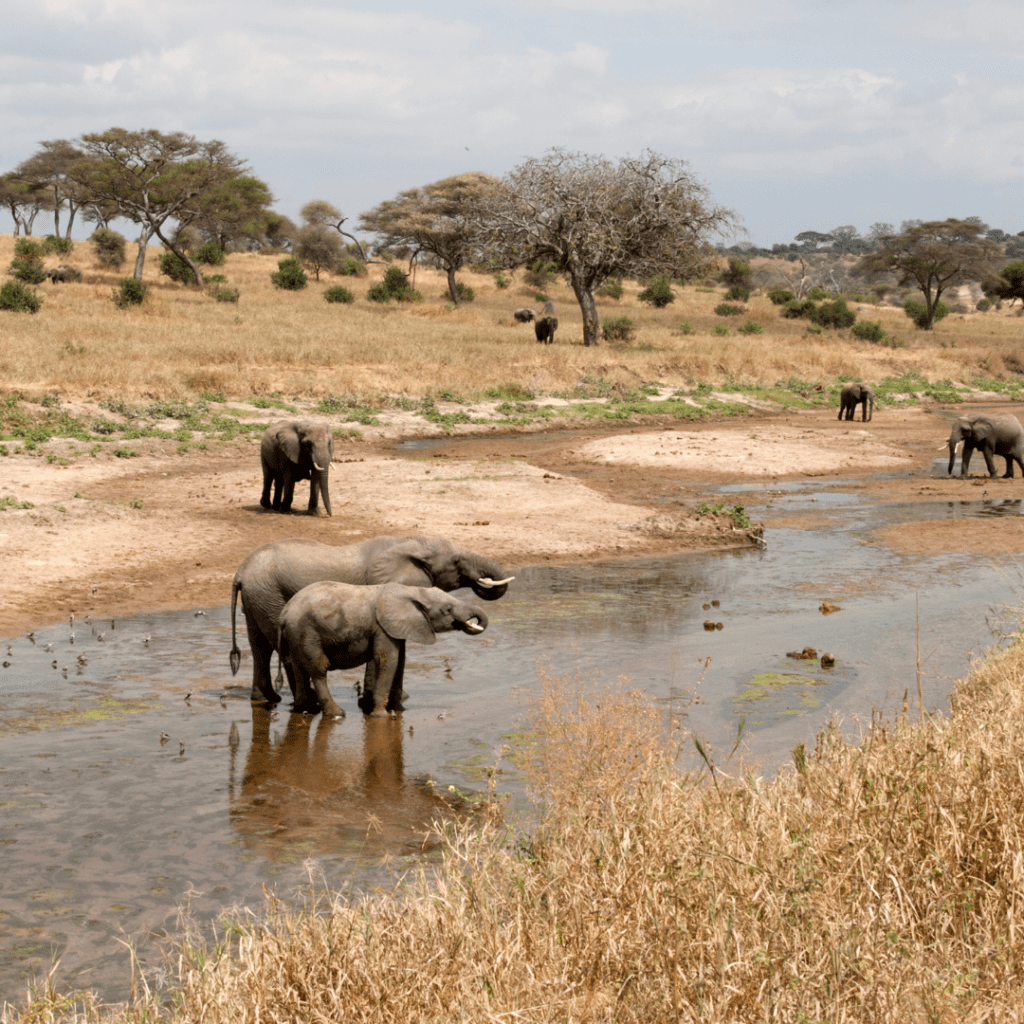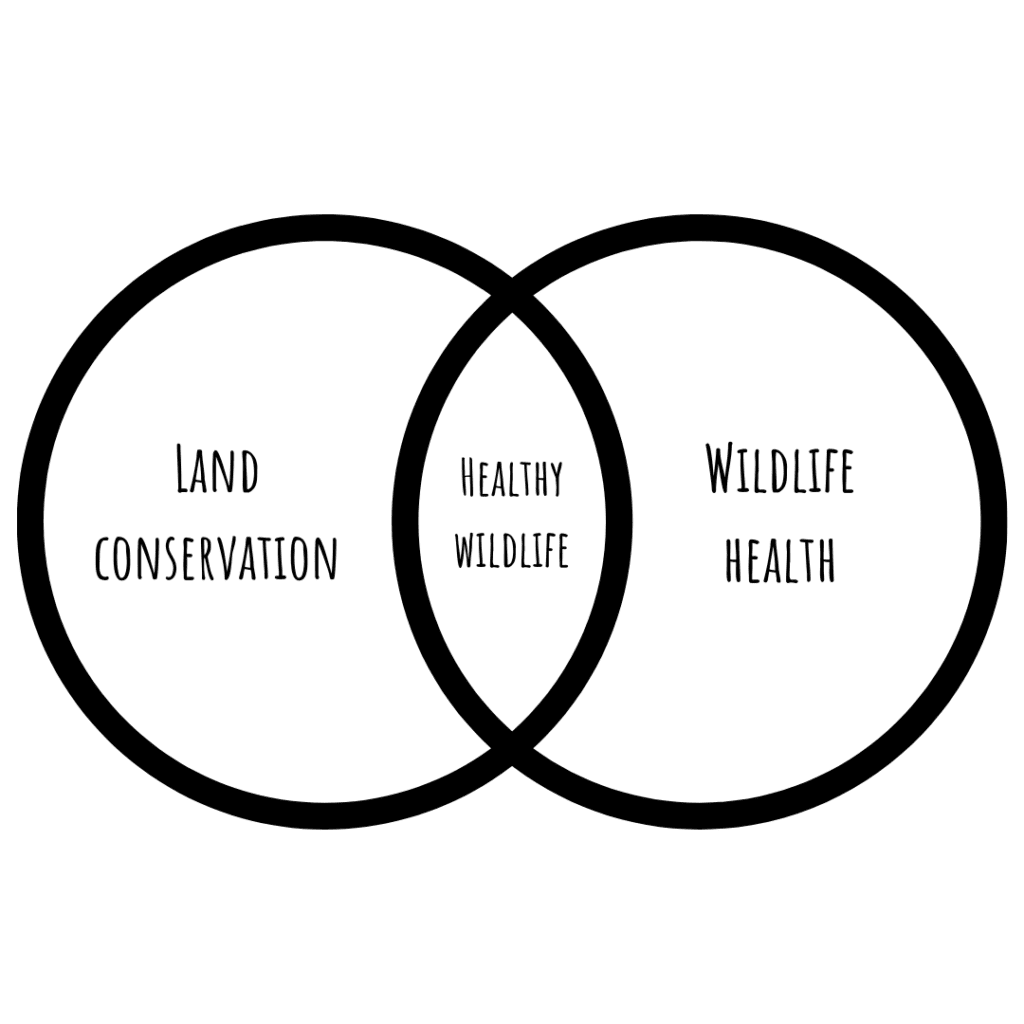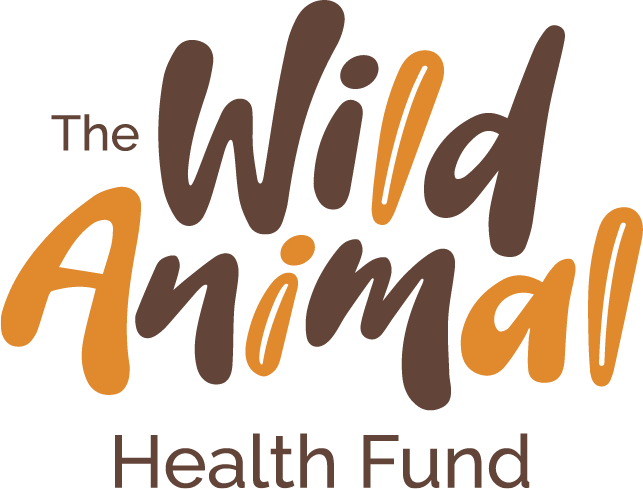Wildlife Conservation Includes Their Health

Think of wildlife conservation. Did you picture yourself planting trees, visiting a wildlife refuge, or participating in a beach clean up? Those are a few critical components of land conservation for wildlife. After all, they need safe habitats to thrive in! Imagine wildlife conservation as a puzzle, and land conservation and habitat restoration as a few of the pieces. What are the rest?
Let’s focus on their health
The health of the animals is the piece of the wildlife conservation puzzle often overlooked. Zoo animals and wildlife contract disease, get hurt, and develop mystery illnesses, just like our pets do. Unfortunately, zoological medicine is light years behind what’s available for pets. Zoo and wildlife veterinarians are working hard to catch up, but this research involves funding- and lots of it.

When you go to the doctor because you aren’t feeling well, your doctor might order blood work or other tests to see what’s going on. Your doctor knows what levels aren’t normal and can easily see when something is wrong. Our animal friends get sick too, but sometimes (a lot of times), there isn’t baseline health information for zoo and wildlife veterinarians to compare. For example, a recent study funded by the Wild Animal Health Fund focused on gathering baseline blood samples for grey seals. Now that the veterinarians have those baseline samples, they can see when something is wrong. This is one of the large issues in the zoological medicine/wildlife conservation community. How can veterinarians begin a treatment plan if they don’t even have the basic health parameters?
But wait, there’s more!
A lack of health information is just one of the issues that non-domestic veterinarians are facing, on top of increased human contact (which spreads disease), reproductive issues, increased extinction rates, and much more. If the world’s zoo animals and wildlife don’t receive the healthcare they deserve, we won’t have any animals to return to native habitats. Their health issues are critical and desperately need more funding.
What can you do?
The Wild Animal Health Fund (a program of the American Association of Zoo Veterinarians) was established in 2012 by a group of zoo and wildlife veterinarians to fund veterinary health studies for zoo animals & wildlife. Created by veterinarians, for veterinarians. This fund provides research grants for a variety of topics like: vaccines, disease diagnoses, medication studies, pain relief, reproductive science, non invasive procedures, and so much more. Animal welfare is the top priority, always ensuring the animals come first. 100% of donations to the Wild Animal Health Fund go straight to the research, with functional support covered by the American Association of Zoo Veterinarians, so you can feel confident knowing your support is truly making an impact.
